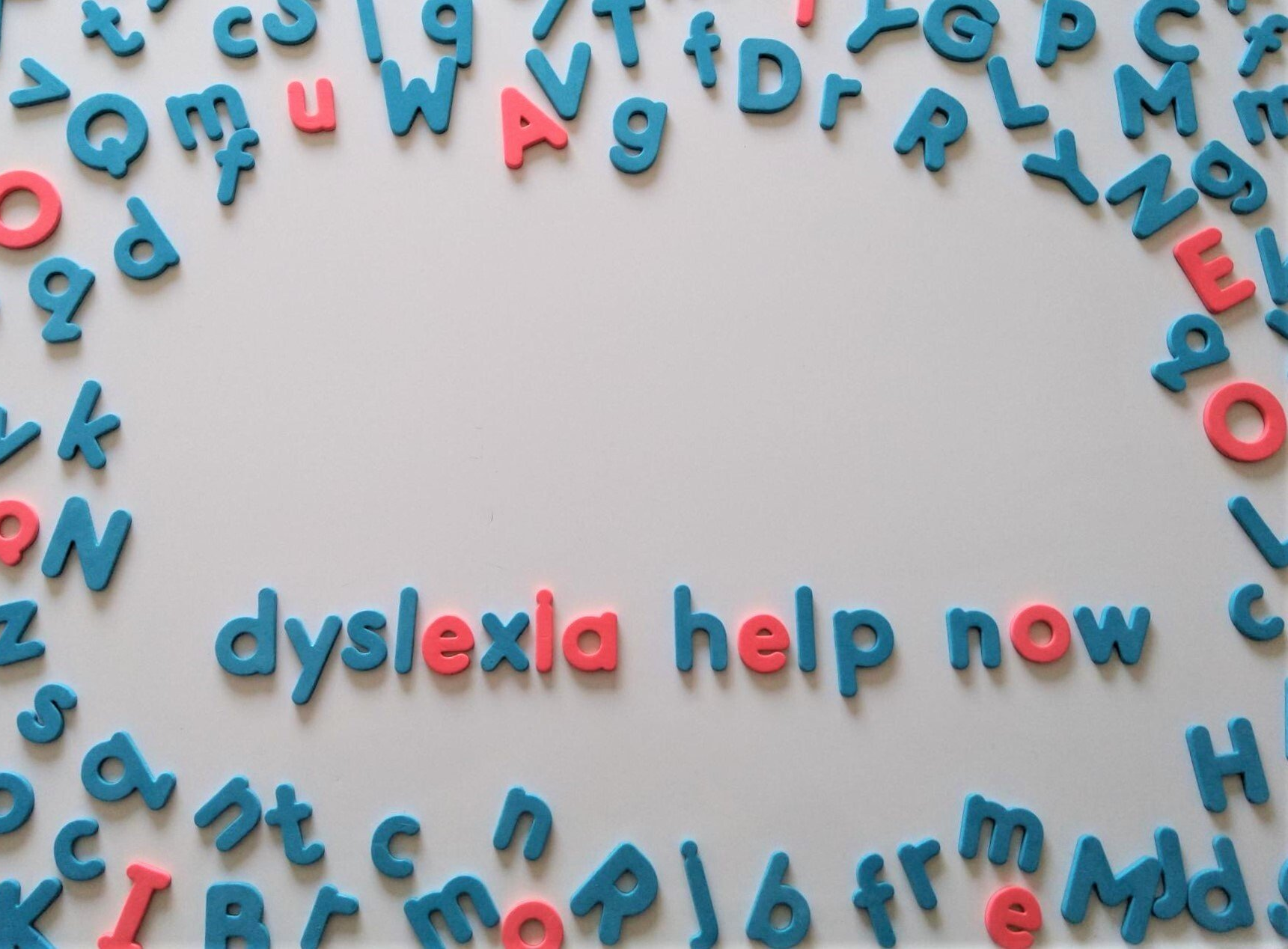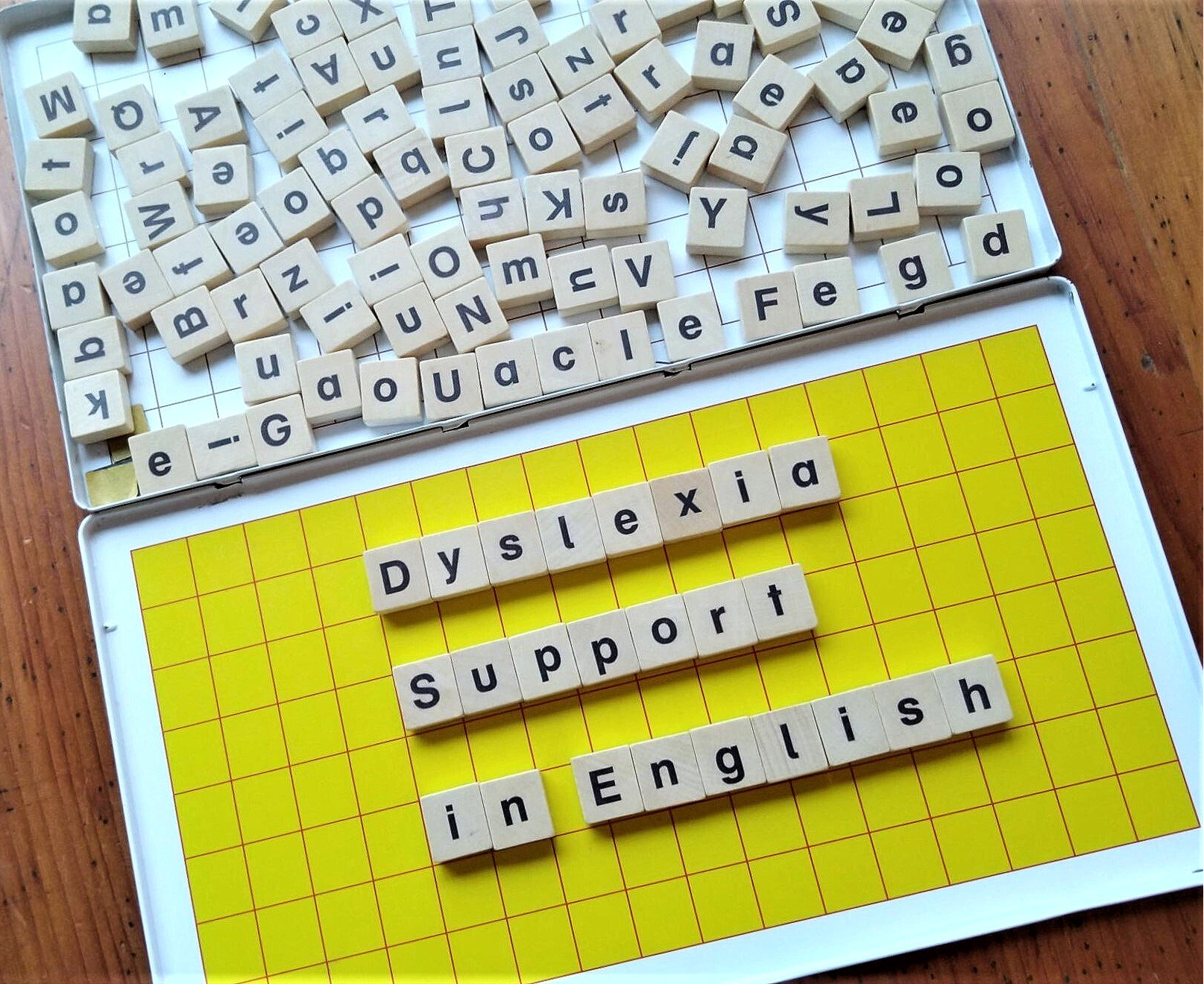Dyslexia Support in English
Helping native and non-native English speakers to succeed in English
BLOOM WHERE YOU ARE PLANTED
HELPING INDIVIDUALS FROM AGE 6 TO ADULTS IN EASTERN UTRECHT PROVINCE AND THE GREATER HILVERSUM AREA
Support in your home or school
carolynanten@gmail.com
06 - 22012911 Leusden, NL
Reading Specialist: focus dyslexia/ Dyslexiebehandelaar in het Engels
Note: I do not diagnose individuals with dyslexia or carry out formal testing to determine a diagnosis.
Educational psychologists have the training to determine a diagnosis. I know of one in the Rotterdam area; contact me for details.
Approach to Teaching
and SMART Objectives
The student is the focus in my work--not me, nor a specific program--but the student and his/her needs.
I'm reflective and communicative. What worked in that lesson? What didn't work and should be changed? How does the student feel about the lessons? Is progress being made? What is moving this learner forward? I try to bring the interests of the student into the lesson whenever possible.
I use SMART objectives when teaching which are specific, measurable, achievable, realistic, and time-based goals. These objectives are based on the specific needs of the student and the most pressing goals will be worked on first. This is discussed with the parents and student before teaching begins. SMART objectives keep both me and the student focused on working towards a specific goal.
I only use strategies, methods and programs that have been proven to work via scientific peer-reviewed research.
I help students succeed so that they can become successful independent learners.
Assessments are used to determine the needs of the students. They tell me many things, such as, the student's reading fluency, level of reading comprehension, knowledge of phoneme-grapheme correspondences and known spelling patterns.
I cannot teach someone without assessing their needs. I analyze the results of the assessments and write specific learning objectives for each student. The learning objectives provide the framework for each lesson that I teach.
SERVICES
Basic Reading Support
I provide fundamental help with learning to read. The student is still struggling to read after months or years of appropriate instruction. Something is not clicking for the learner and more specialized help is needed.
Spelling
This is support for individuals who need help learning spelling patterns in English. A systematic sequential program will be used to teach spelling after assessing which spelling patterns are not secure. Exception/tricky words--these are words that cannot be fully sounded out but must be memorized--will be taught as necessary. The appropriate spelling assessments will be used to determine which spelling patterns to teach. Examples of exception words are beauty, said and business.
Reading Comprehension -- begrijpend lezen
Good reading comprehension skills are essential to achieving success in school. I will teach how to read for understanding, monitor understanding, and use pre and post-reading strategies. We practice various strategies, and the student selects the strategies that he/she likes best. I also recommend the use of audiotexts for some students.
Writing
I provide help with planning/pre-writing skills, writing, revising and editing.
For further information see the Services page.
About Me
Hi, I'm Carolyn Anten.
I'm an English teacher with a specialization in supporting learners with dyslexia. I'm based in Leusden, the Netherlands and travel throughout east Utrecht province to support individuals. I teach native and non-native speakers of English who have dyslexia or dyslexic tendencies and need to achieve a certain level of proficiency in English to meet their goals in life. I teach in-person. Online lessons with older students are possible--but never the best choice--after we have established learning objectives and developed a rapport with each other in-person.



